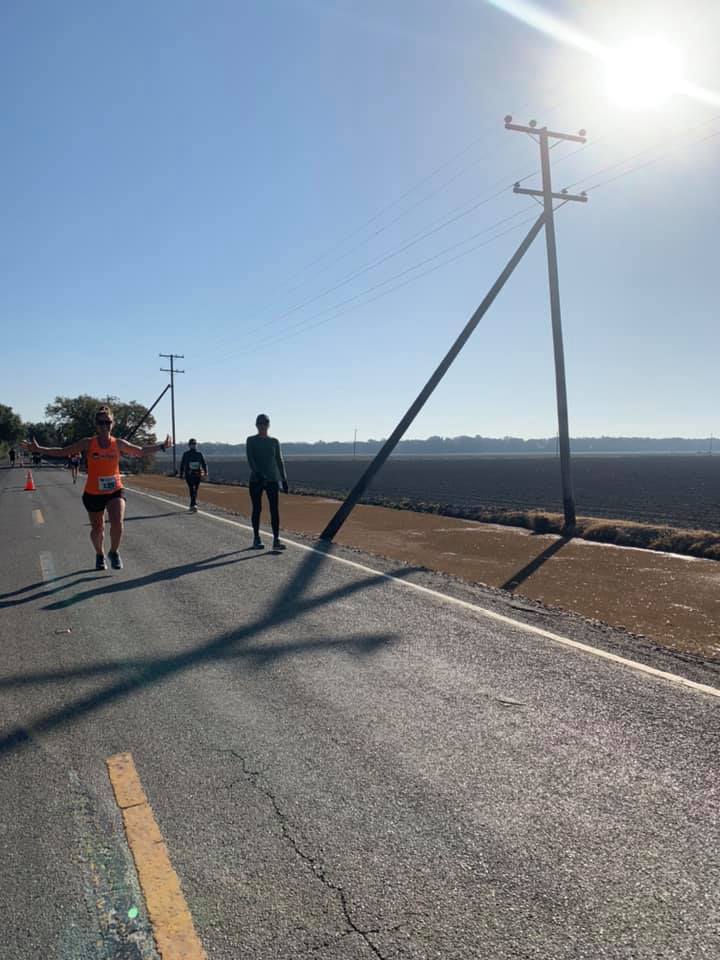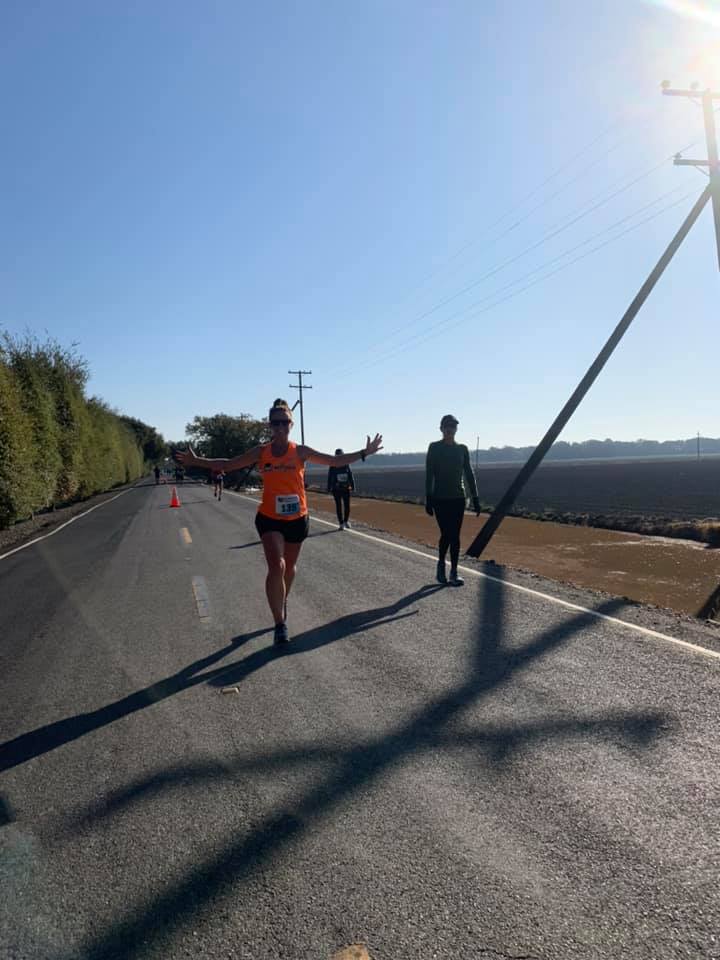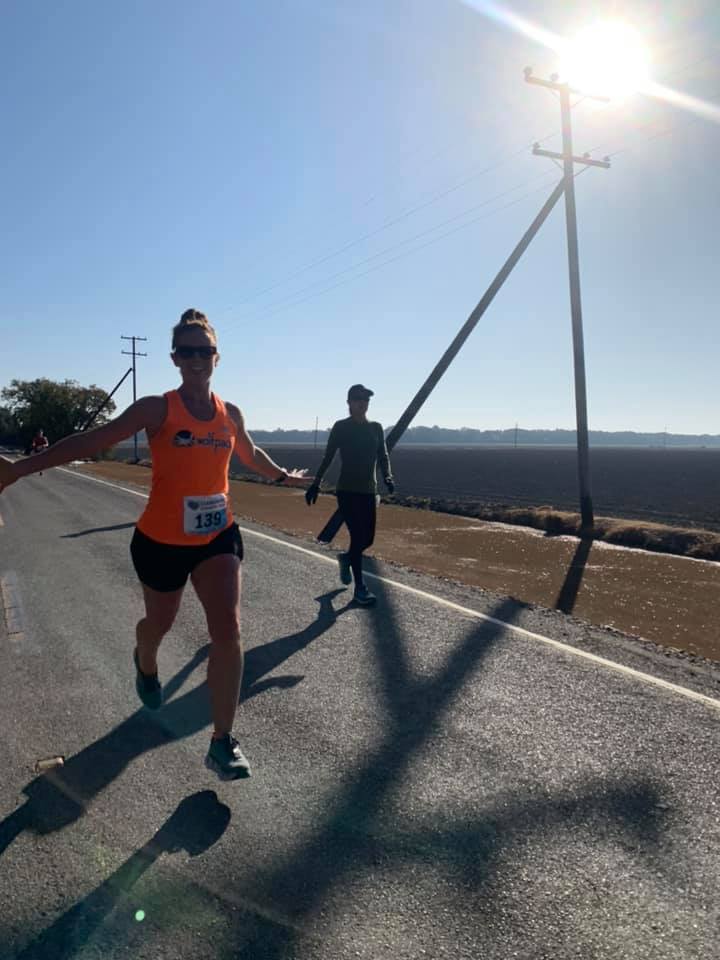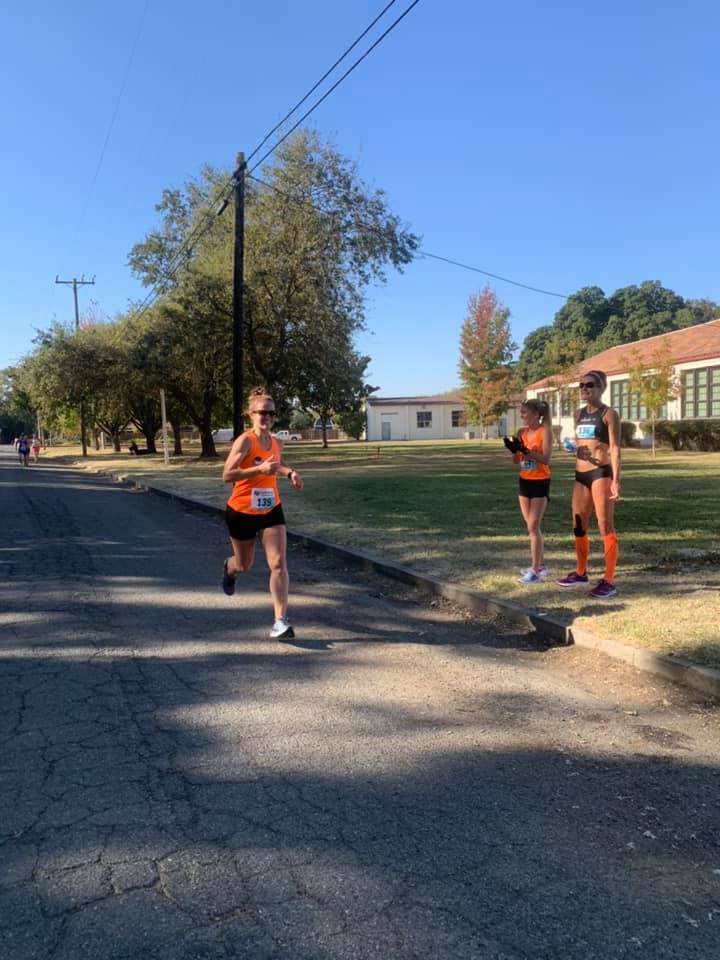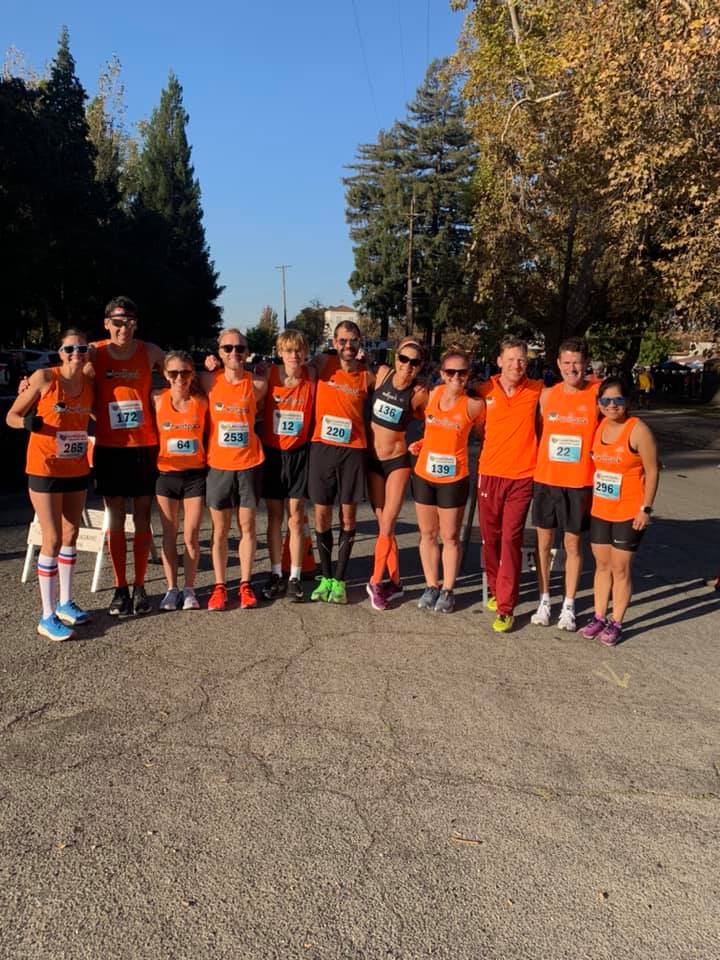Book Report – Carrie Jackson Cheadle and Cindy Kuzma’s Rebound: Train Your Mind to Bounce Back Stronger from Sports Injuries
I’m not a betting woman, but I bet that if you took 10 runners — any gender, any distance preference, any speed — and asked them whether they’ve been injured during the time that they’ve been running, easily 9, if not all 10, would admit that they’ve suffered from the I-word at some point. It’s an unfortunate reality for the overwhelming majority in our running community, and let us not mince any words on the subject: injury sucks. It. just. sucks.
The reasons for runners’ injuries are as diverse as the ocean is deep, so I can’t go into that level of detail here. Instead, I can wager that the unifying thread that connects runners of all different backgrounds, speeds, abilities, distance preferences, whatever is that when they are injured, the mental side of the house suffers just as much (or maybe even more than) the physical. And for most of us, we don’t realize how much we mentally suffer when we’re recovering from an injury until we find ourselves in the thick of it and completely consumed by all manner of seemingly-conflicting feelings.
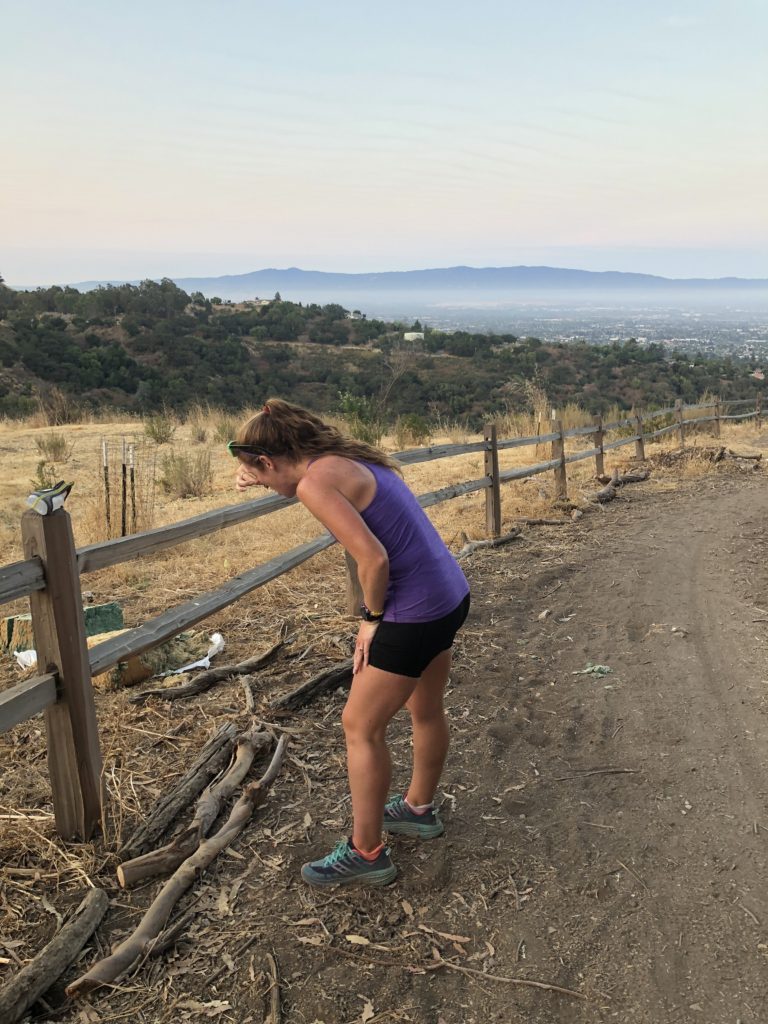
How to repair the physical part of the equation during an injury is oftentimes (but not always) a straightforward process and one that eager athletes will often hurl themselves headfirst into. On the flip side, we don’t often talk about the mental components of dealing with injuries, and it’s obviously to our detriment because of that whole mind-body connection that modern medicine swears by.
Enter: Carrie Jackson Cheadle and Cindy Kuzma’s newest book, Rebound: Train Your Mind to Bounce Back Stronger from Sports Injuries.
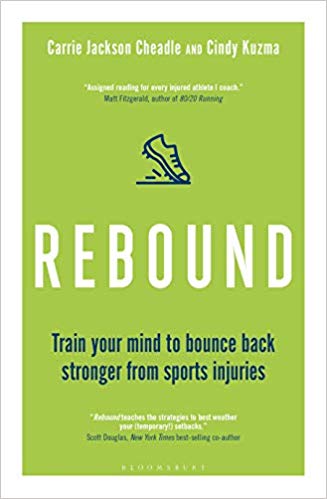
I have the joy of knowing Cindy from the Chicago running community (and I am an avid reader of many of her vast running-related publications), so when I found out that she had a book coming out in the thick of the fall marathon season that was all about dealing with the mental challenges associated with sports injuries, I wanted to get my hands on a copy as soon as possible (thanks, gf). Fortunately, I’m not currently sidelined from my sport of choice, but at any given time, I know plenty of people who are and who would benefit from this type of invaluable resource.
I regularly read a lot of running-related or exercise science-related work, and I can’t recall the last time I’ve come upon something whose focus was on mental training during injury and recovery. Mental training and sports psych seems to be all the rage right now, but it’s all based in the throes of training and race day performance. No one’s talking about how in the world you’re supposed to take care of yourself and your mental health when you’re injured, regardless if your sport allows you to pay your mortgage or if you’re one of the masses. I had a feeling these ladies were onto something good.
Perhaps the most succinct way of describing Rebound is to call it the friend you wished you didn’t have to have. Namely: no one likes being injured or even temporarily sidelined. When we hear our practitioners utter those dreadful words that put us in (running, or riding, or lifting, or swimming, or whatever) time-out for an extended period, we freak out. You’re telling me I can’t do _____?! How will I ______?! Rarely is it ever *just* about the game. The fact that we lose it when we’re told that we cannot (or should not) pursue our sport of choice, even temporarily, speaks to the impressive level of importance all of us bestow upon our activity.
In the event that you find yourself sidelined, remember that Rebound is a resource that will ultimately (and hopefully) help you freak out less and (dare I say) come out the other side better and stronger for it, as impossible and improbable as that may seem when you’re in the thick of it.
As you read Rebound, you’ll notice that Cheadle (a leading mental skills coach) and Kuzma (a contributing writer for Runner’s World, among others) punctuate their chapters with personal narratives from athletes of all sorts of different backgrounds and sports, recent research, and the authors’ own clinical expertise. You’re not reading a straight-up textbook, nor are you reading a throw-away listicle online that could have been written by a twelve year-old who’s adept in Googling.
Everything you read in this book is accessible — no Ph.D. in kinesiology or psychology required — and actionable. Everything. In fact, Cheadle and Kuzma make their work’s findings so accessible and attentive to the (potentially) injured athlete-reader at hand that they equip them with “just the facts” at the conclusion of each chapter before going into “mental skills and drills.” After all, for some injured athlete-readers, merely reading about injury can be traumatizing and triggering. The authors get that and partition their chapters accordingly.
Rebound gives readers more than 45 skills and drills that they can employ at various stages of their injury recovery process. That in and of itself is pretty impressive, but the authors also delineate the skills in such a way that allows athlete-readers to decide how to best proceed based on their specific circumstances, given where they currently are (“level 1: rookie”; “level 2: all-star”; “level 3: hall of fame”). Honestly, I think this is brilliant. No two athletes are going to proceed through their (mental) recovery at the same rate, so it makes a lot of sense to have the corresponding drills and skills be appropriately graduated, too. No need to feel bad about yourself for being at the “rookie” level right now; remember, it’s a process. This stuff takes time.
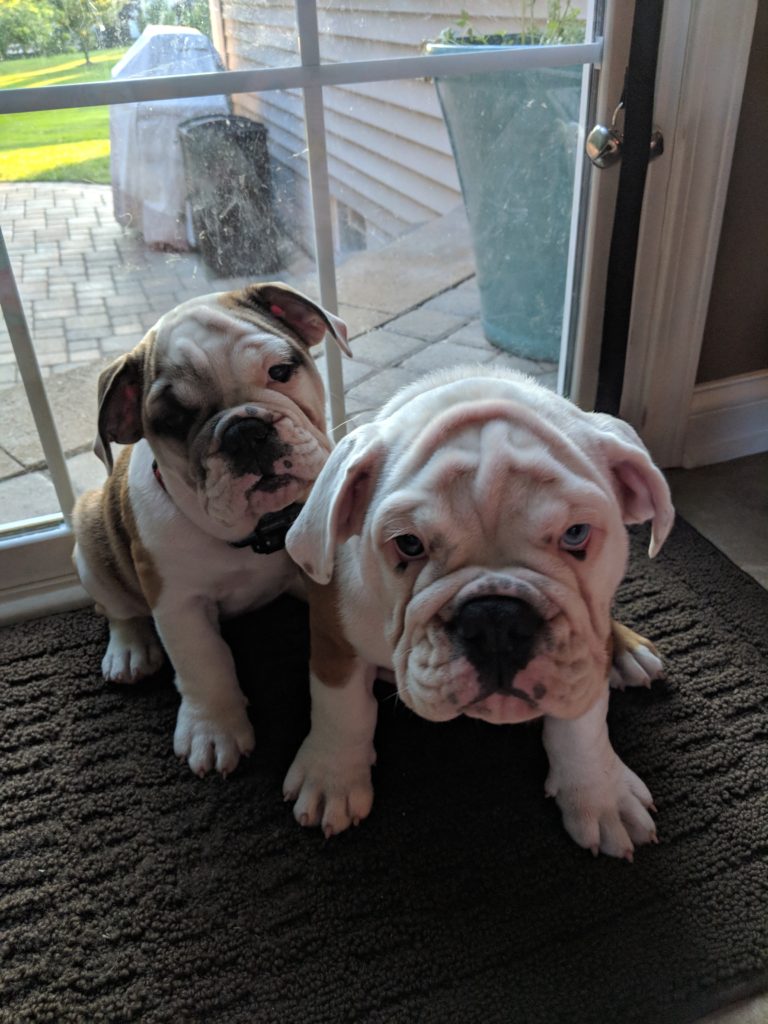
Cheadle and Kuzma maintain that there are fifteen essential mental skills for injury recovery, ranging from confidence to resilience, and portraying the recovery process in this way intuitively makes a lot of sense. So often, I’ve seen science writers liken the injury recovery process to the grieving process, and while I think there’s some semblance of truth there — and the authors here, too, talk about this in detail in chapter one — I don’t think that this is the recovery process’s starting (denial) and ending (acceptance) point. A lot happens (or has to happen, rather) in between. These authors acknowledge that the recovery process is on-going and multifaceted, and Rebound reflects that accordingly.
Perhaps what is most compelling about Rebound stems from the book’s very title. Throughout the book, Cheadle and Kuzma share vignettes from real-world athletes, many whose stories you may already know, who suffered from some type of setback. In sharing the athletes’ stories, the authors show that these athletes who are at the top of their game are in many ways just like the rest of us weekend warriors and hobby joggers. Pros hurt themselves just like we do! They’re just like us!
What differentiates those at the top, however, is very often how they actually rebound from their injury-related setbacks. We may be quick to think that these athletes’ recoveries all stem from their privilege and access to cutting-edge therapies and resources, and while that all surely may play a part, more often than not, it’s due to the athletes’ abilities to manage their setbacks in ways that allow them to recover more fully and emerge from them better (healthier, with a more positive attitude, with greater life-sport balance, and more) than they ever were before.
In other words, Rebound takes these athletes’ real-world experiences with rebounding and changing course after injury, supports their processes with evidence, and packages it to athlete-readers in ways that will allow us to emulate the pros.
It’s important to note that Cheadle and Kuzma aren’t so naive to claim that all athletes, everywhere, regardless of magnitude of injury, will be able to return to their sport eventually, provided they work hard enough at PT and give themselves enough affirmations each morning. Rebound acknowledges that for some athletes, they’ll have to decide whether they want to return to their sport at all, while also admitting that for some, their choices were made for them as a result of an accident or other extenuating circumstances. Cheadle and Kuzma spend a fair bit of the book’s final chapters on the subject of moving on from sport and what post-sport life can look like and how athletes can still find meaning and joy in life in their sport’s void. No athlete wants to envision what life could be like without her favorite sport, but it’s an important consideration that some of us have to take. I’m so glad the authors included this section because while it’s not pleasant to talk about, it’s worth considering.
Rebound is the friend you wished you didn’t need to have because while you may never get injured from your sport (you lucky dog, you!), the skills and traits that you can learn from this book are easily and readily transferable.
If you’re currently injured, I’m rrrrrrrrrrreally sorry you’re dealing with it, but I encourage you to check out this book because you may find it really helpful as you navigate everything that’s happening (and that has happened) between your ears since your injury or diagnosis. All my love.
If you’re not currently injured, that’s awesome — yeah, you! — but this book is still important for you, too. In the event that you ever do become injured, you’ll already have some really helpful tools in your toolkit to use to hack away at your recovery.
Rebound is timely, evidence-based, accessible, and highly actionable, and if you’re an athlete at all — regardless of sport, ability, anything — it deserves a place on your shelf.
Many thanks to Cindy/Bloomsbury Sport for sending along a copy of Rebound for me to review. Even if Cindy weren’t a friend, I’d highly recommend this excellent resource to any athlete.
